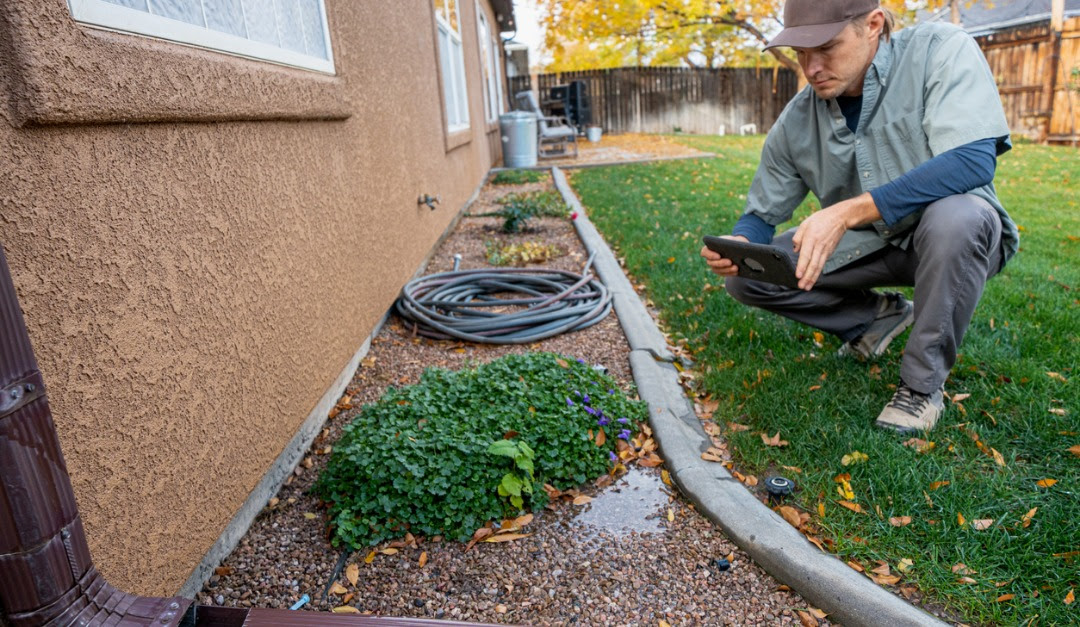
If you’re thinking about buying an older house, or if you currently own an older property, a homeowners insurance company might require you to get a 4-point home inspection before it will insure the house or renew your existing policy.
A 4-point home inspection can protect an insurer from expensive claims, and it can also help you understand a property’s condition and make smart financial decisions.
What a 4-Point Home Inspection Covers
A 4-point inspection focuses on just four main parts of a house: the roof, plumbing, electrical, and HVAC systems. Older homes sometimes have systems constructed with materials and methods that don’t meet current building code requirements.
Outdated systems can fail and cause significant property damage, as well as injuries. That can result in costly insurance claims.
A homeowners insurance company will want to know if there is an issue in any of those areas so it can assess the risk and decide whether to insure the property. If the house fails all or part of the 4-point inspection, you’ll have to make repairs before you’ll be able to get homeowners insurance coverage or renew your policy.
Differences Between a 4-Point Inspection and a Standard Home Inspection
A 4-point inspection only focuses on four areas, while a standard home inspection is more comprehensive. When conducting a standard home inspection, an inspector will take a more detailed look at the house’s interior and exterior.
You might be required to get a 4-point inspection to obtain or maintain homeowners insurance coverage for an older property. Laws vary by state.
Prospective buyers generally get a standard home inspection before they move ahead with a purchase. Although it’s a good idea to have any property inspected before you buy it, a standard home inspection is not required.
When You Should Get a 4-Point Home Inspection
You might have to get a 4-point inspection to insure a property. Even if a 4-point inspection isn’t required, getting one can still be a smart move if you’re thinking about buying an older house.
You’ll want to know if there’s a serious problem with a major system before you move forward. If so, you can ask the seller to make repairs or reduce the price, or you might decide that it’s not worth the trouble and choose to walk away.
If you currently own an older house and you’re thinking about putting it on the market, you can have a 4-point inspection done first. An inspector will identify any issues that might prevent you from selling your home in its current condition, and you’ll be able to address them before listing the property.
Denice Landaeta
AuthorRelated Posts
Home enhancements for sellers: things that appreciate in value
When preparing to sell your home, understanding which enhancements can significantly increase its value is essential. In...
15 secrets for selling your home faster
Selling your home can be stressful, and for that reason we decided to make an article in which you are going to find the best...


